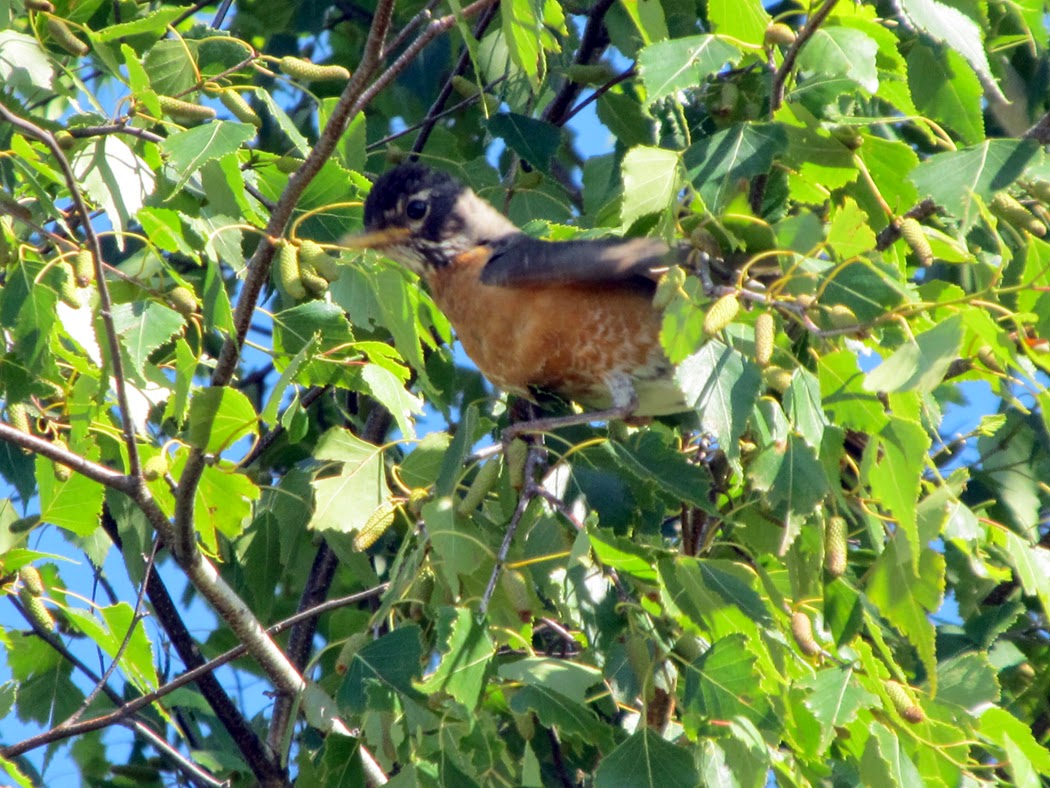Across the Fence #505
I imagine everyone has dreamed of taking an ocean cruise at some time in their life. I took one in July of 1966. My cruise wasn’t like the movies, where there are lots of girls, champagne, dancing, and all sorts of social activities. Our Social Director was the sergeant who conducted the exercise classes, better known in the Army as P.T. (Physical Torture). We also had the opportunity of attending various lectures held on deck. Actually, we were ordered to attend. These informative lessons included; booby traps, snakes, what to do if captured, and various social diseases existing in Vietnam. We received many lecture classes on “How to stay alive or go down fighting.”
That still left countless hours to fill. Once a day we scrubbed out our compartment, which occupied all of half an hour. My job was throwing the mops over the fantail of the ship and letting them drag behind the ship, getting spotlessly clean. I consider myself quite an expert on this procedure, and if ever the conversation rolls around to the fantail cleaning of mops, I’ll be able to hold my own with the best of them.
Meanwhile, back on the sun deck. Actually it was a dirty old deck with a rail to keep us from falling into the ocean and getting out of going to Vietnam. Mainly the rail was used by seasick soldiers to lean over, while heaving their guts into the water below. I was never sea-sick, but a good share of the men were at one time or other. I attributed my sea-worthiness to my good old Viking blood.
The decks were always overcrowded with men; sitting, standing, lying, playing cards and craps, or just talking and watching the water roll by. We spent endless hours staring at the ocean and thinking our private thoughts. Every day there it was... more water. The only change was the color and height of the rolling waves. There’s something refreshing about standing by the rail with the ocean breeze and spray hitting your face. The sun rising and setting on the water was spectacular. And the water kept rolling by!
We had three meals a day. It was nothing to brag about, but we ate it. After standing in the mess line for up to an hour to get our food, we stood at chest high, long tables and shoveled it down. In rougher water, the boat rocked so you could hardly stand up. Your coffee spilled, and anything round rolled off your plate, unto the floor, and kept on going. I think every ship must have a corner where all the apples and oranges end up. A sort of Wayward Fruit Graveyard. Ah, the joys of an ocean cruise!
When the weather was bad and the water rough, walking was quite an experience. When the ship went up on a wave you were pressed downward and could hardly lift your feet. Then the ship went down between the swells and you were walking on air, in a prancing movement. Meanwhile, the latrines (heads to you Navy boys) and sleeping compartments were filled with men on their hands and knees, so sick they’d have to get better to die.
After a few days at sea the novelty wore off and the whole situation became one of boredom. We reclined on our crowded bunks, stacked four high, and read the books and magazines floating around. Inevitably, the last pages of a story had been torn out, usually because a picture of Miss Bikini of the Month was on the other side. Soon we’d read all the books and magazines, and looked at all the pictures (several times).
We wrote letters. After we’d written our folks, our girl or wife, all our friends, grandparents, aunts and uncles, we started on distant relatives and people we hadn’t seen for years. Then we could write again the next day and tell them all the thrilling happenings in our life since we last wrote.
There were endless card games. We played Dirty Clubs and Hearts for hours on our bunks. Even a penny a game adds up when you play all day. If those stakes were too small, you could always get into a high stakes poker or craps game.
There was always someone strumming a guitar with a group of GI’s singing around him, usually country western songs. From the stairwells, rose the sound of the Black guys harmonizing on blues and soul. Ray Charles is one of my favorite singers, and one group of guys let me sing along with them on some Ray Charles songs. Ricks, also a medic, was in that group. I didn’t make any points with some of the “good old boys” from down South. They let me know I shouldn’t be singin’ with those N…. I asked them if they’d worry about whether Ricks or me treated them if they got wounded.
The closer we got to Vietnam the hotter it got and even sleeping became unbearable in the hot, crowded, bowels of the ship. We just sat around and watched each other sweat. We developed heat rashes where I didn’t know you could even get heat rashes. Tempers got short and fights broke out. We needed to get to Vietnam so everyone could start fighting the enemy instead of each other.
That was my wonderful 23-day, summer cruise in the Pacific.
View of the U.S.S. Gordon from our landing craft, as we headed for shore.
*










